Best Time for Foundation Repairs
Spring offers moderate temperatures and increased moisture levels, which can facilitate certain repair methods. However, soil expansion due to moisture can cause ongoing movement, requiring careful timing.
Summer's warm weather and dry conditions may limit some repair options. High temperatures can affect curing times for concrete and other materials.
Fall provides cooler temperatures and less moisture, creating favorable conditions for foundation work. Soil tends to be more stable, reducing ongoing movement.
Winter is generally less suitable due to freezing temperatures, frozen ground, and potential for snow or ice, which can hinder excavation and curing processes.
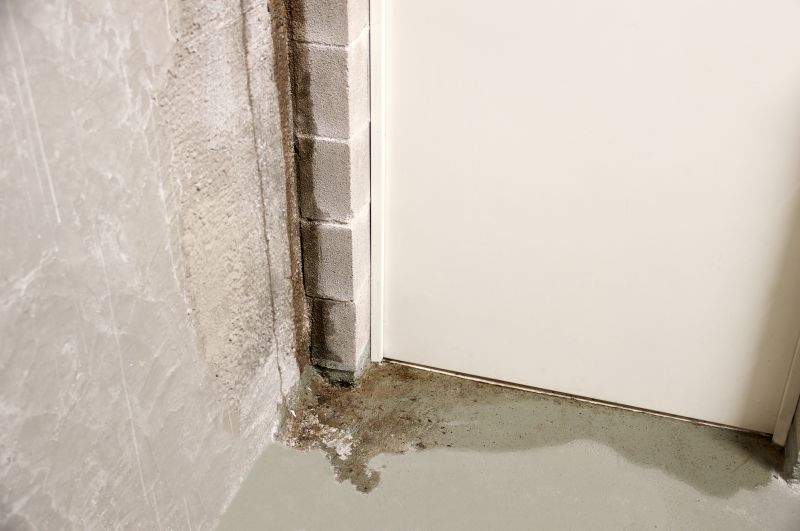
Spring's moisture levels can cause soil movement, impacting repair timing and methods.
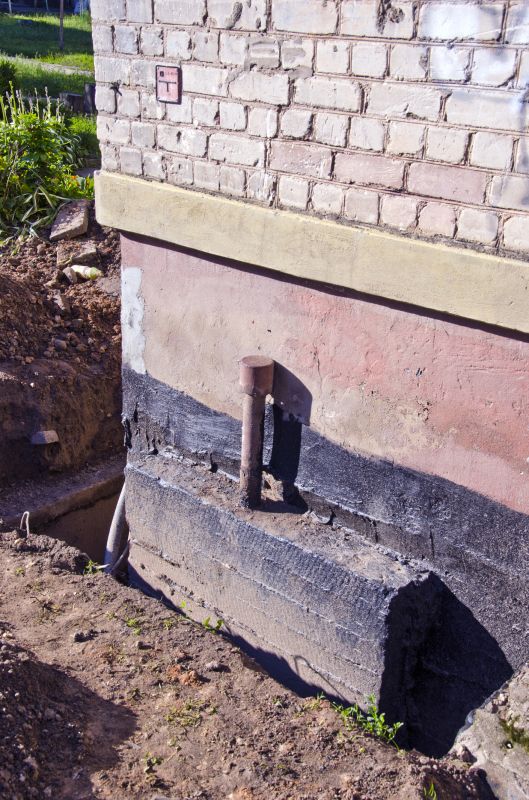
High temperatures may affect curing times and material performance during summer repairs.
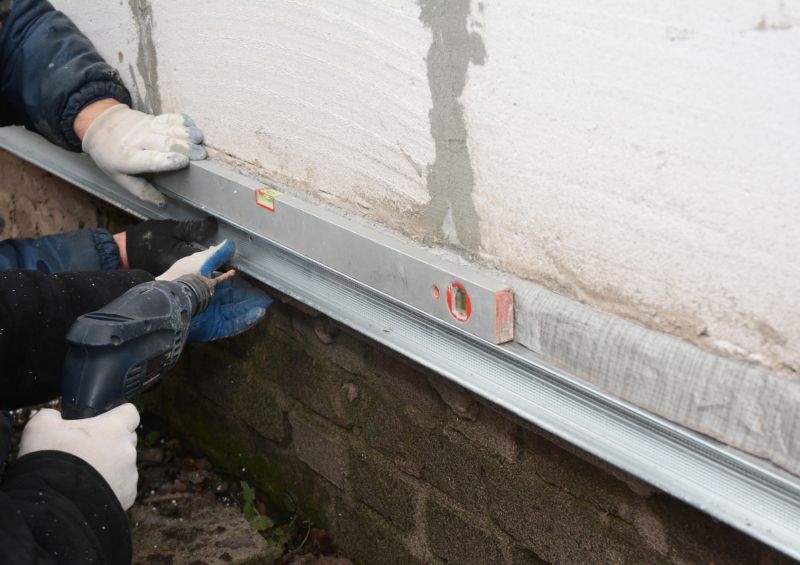
Fall's cooler, stable soil conditions make it an ideal time for foundation work.
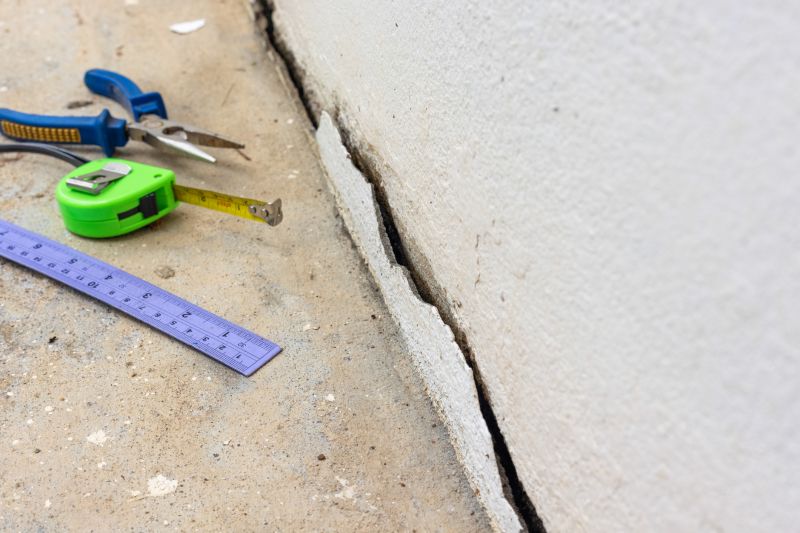
Ways to make Foundation Repairs work in tight or awkward layouts.
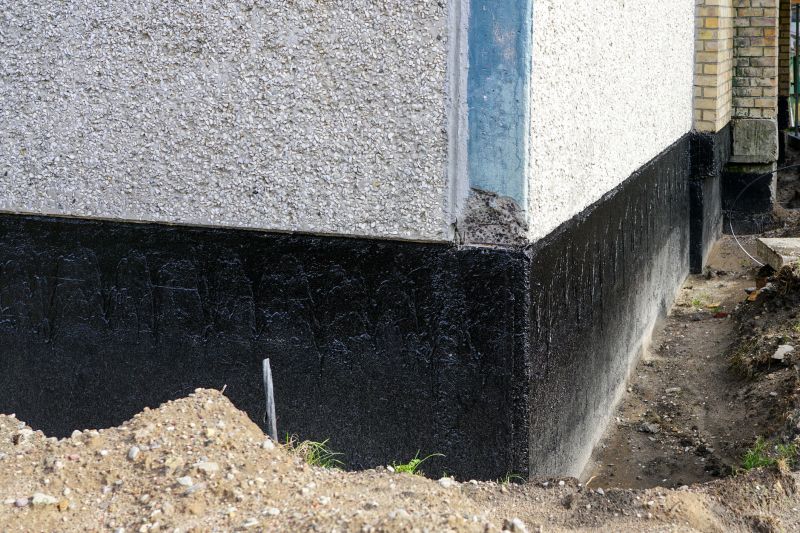
Popular materials for Foundation Repairs and why they hold up over time.
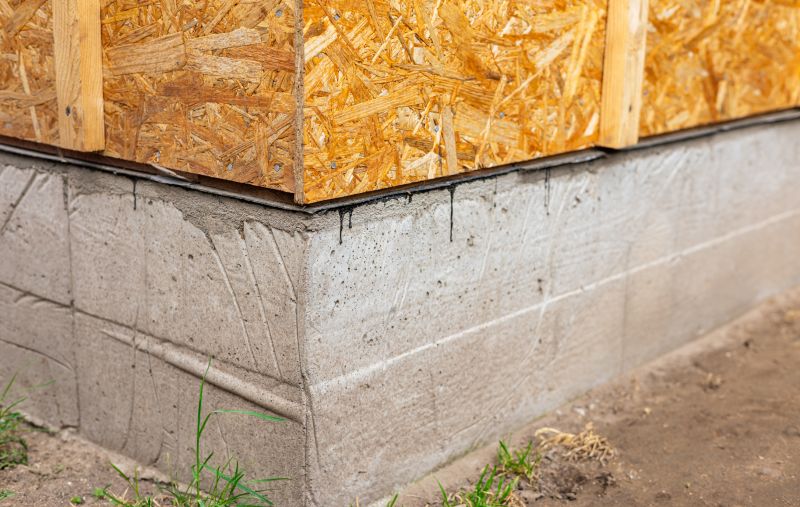
Simple add-ons that improve Foundation Repairs without blowing the budget.
| Season | Optimal Timing for Foundation Repairs |
|---|---|
| Spring | Suitable for repairs with attention to soil expansion and moisture management. |
| Summer | Less ideal due to high temperatures; repairs may require special curing methods. |
| Fall | Most favorable season due to stable soil and moderate weather conditions. |
| Winter | Generally discouraged because of freezing temperatures and frozen ground. |
Foundation repairs address issues such as settling, cracking, and shifting that can compromise structural integrity. Proper timing ensures that repairs are durable and effective, reducing the risk of future problems. Seasonal considerations, including soil conditions and weather, play a crucial role in planning foundation work.
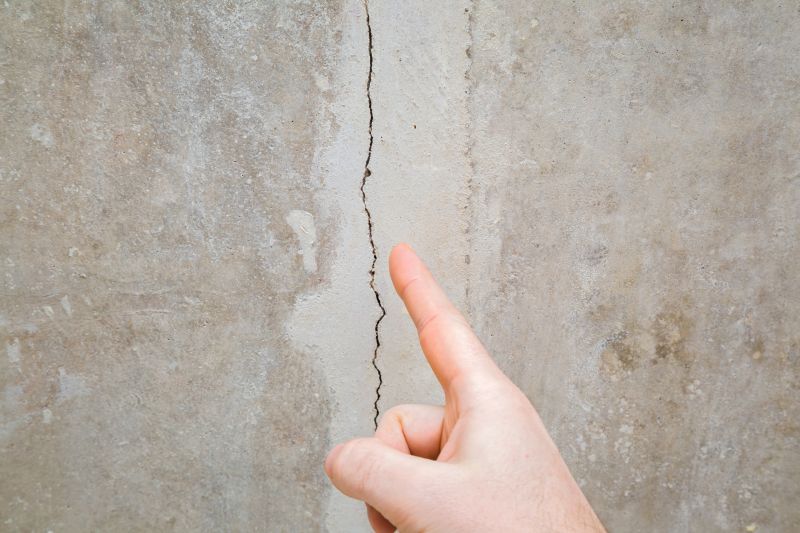
Cracks are common indicators of foundation movement and should be evaluated promptly.
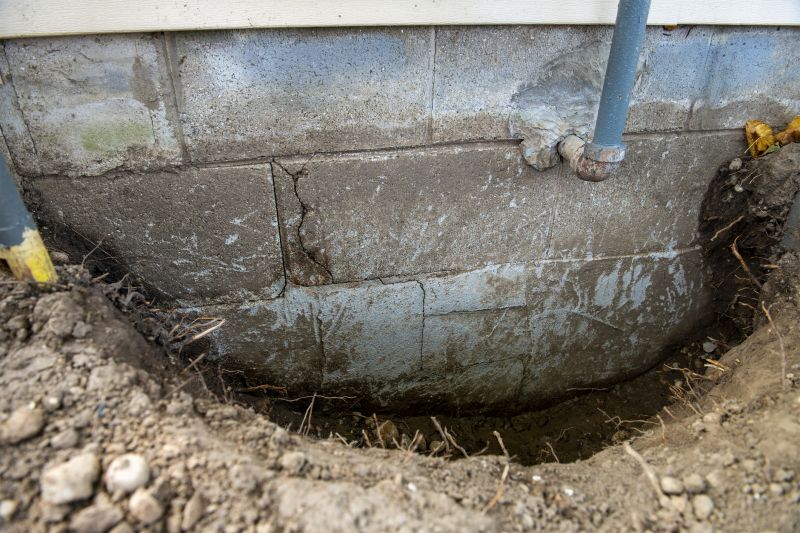
Soil expansion and contraction significantly influence foundation stability.
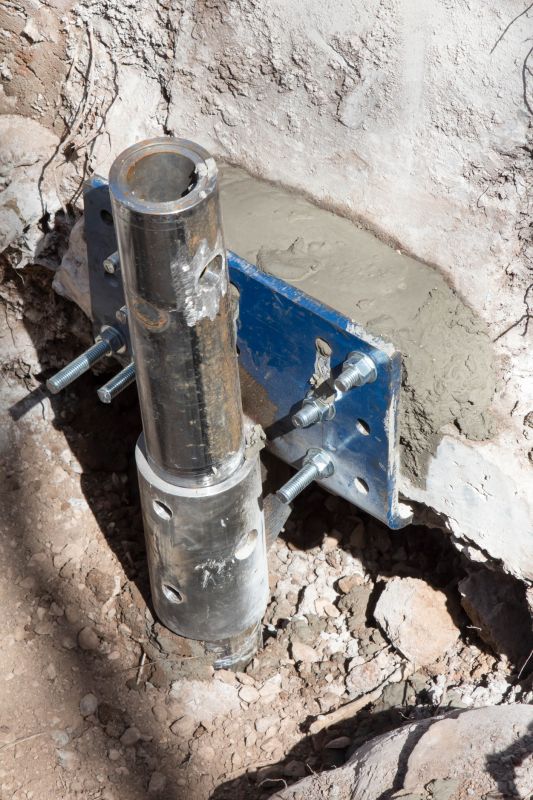
Piering stabilizes and lifts existing foundations affected by settling.
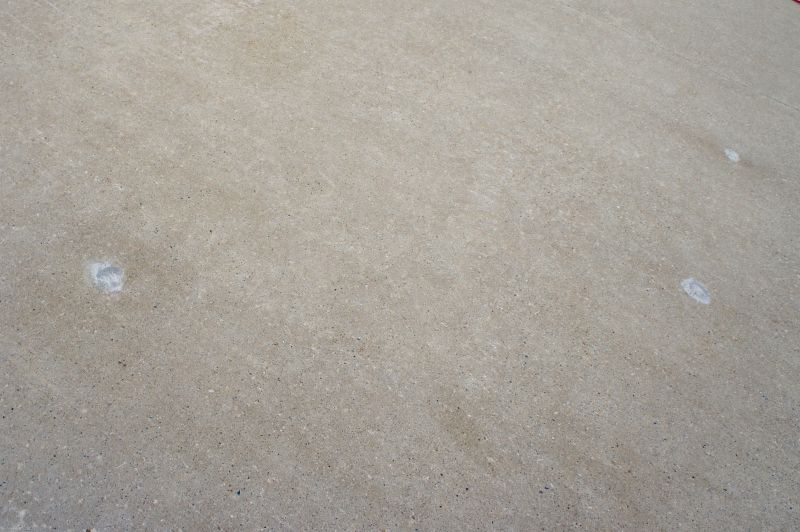
Concrete lifting restores level surfaces and prevents further damage.
Timely foundation repairs can prevent extensive damage and costly renovations. Assessing soil conditions and weather patterns helps determine the best season to undertake repairs, ensuring long-lasting results and structural safety.
Interested in foundation repairs? Fill out the contact form to receive more information and schedule an assessment.

